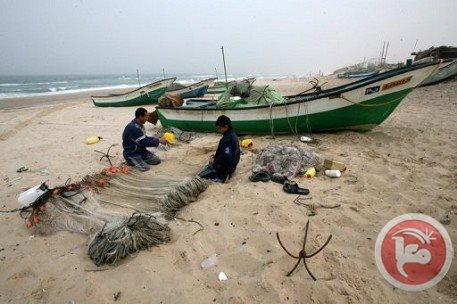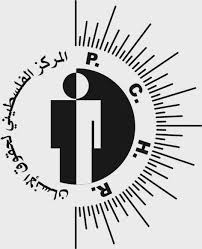Tag: Palestinian Centre for Human Rights
-
PCHR report: Israeli attacks on fishermen in the Gaza Sea
22nd October 2014 | Palestinian Centre for Human Rights | Gaza, Occupied Palestine Israeli Naval forces continued to carry out attacks on Palestinian fishermen in the Gaza Strip during the reporting period (1 – 30 September 2014), including 18 shooting incidents that resulted in the injury of a fishermen while fishing; 4 chasing incidents that led…
-
Israeli forces engaged in punitive destruction of homes in the Gaza Strip
10th July 2014 | Palestinian Center for Human Rights | Occupied Palestine The Palestinian Centre for Human Rights (PCHR) is strongly concerned by Israel’s conduct of its offensive on the Gaza Strip, and in particular by the widespread punitive targeting of homes belonging to members of Hamas and Islamic Jihad. In recent days, the Israeli air force has…
-
Israeli forces killed member of Palestinian armed group and wounded 3 Palestinian civilians, including a child
12th June 2014 | Palestinian Center for Human Rights | Gaza, Occupied Palestine On Wednesday evening, 11 June 2014, 3 Palestinian civilians, including a child whose condition was described as very serious, were wounded when Israeli forces targeted a member of an armed group who was killed by two missiles launched by a drone in the northern…



